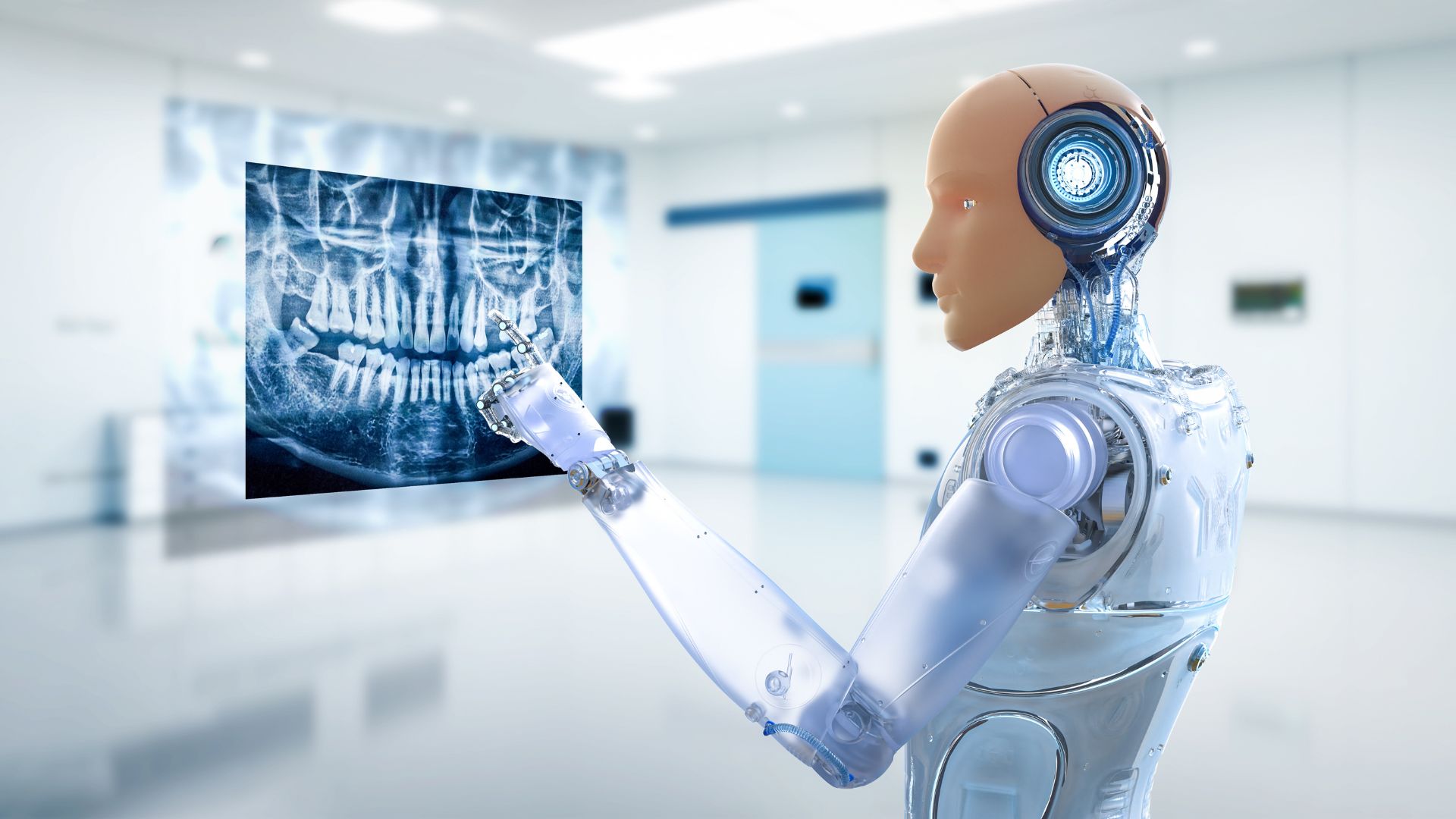Artificial Intelligence in Radiology
As we delve into the realm of radiology, the integration of artificial intelligence (AI) has become a prominent topic of discussion and innovation. AI is revolutionizing how medical imaging is interpreted, enhancing efficiency, accuracy, and patient care. In the field of radiology, AI algorithms are being developed to assist radiologists in analyzing images more effectively and swiftly.
The utilization of AI in radiology aims to streamline workflow processes by automating routine tasks such as image analysis and report generation. By leveraging machine learning algorithms, AI can provide valuable insights that aid in early detection of diseases and abnormalities. This technology holds the potential to significantly reduce diagnostic errors while improving overall diagnostic outcomes.
Moreover, the implementation of AI in radiology not only accelerates diagnosis but also plays a pivotal role in personalized medicine. Through advanced data analytics and pattern recognition capabilities, AI systems can identify subtle patterns within images that may elude human eyes, leading to more precise diagnoses and tailored treatment plans for patients. The synergy between AI and radiology marks a transformative era in healthcare delivery with promising advancements on the horizon.
The Evolution of Artificial Intelligence in Radiology
Artificial intelligence (AI) has revolutionized the field of radiology, enhancing diagnostic accuracy and efficiency. Initially, AI applications in radiology focused on automating repetitive tasks like image analysis. Early systems required substantial human oversight to ensure accuracy.
As technology advanced, AI algorithms evolved to perform more complex functions independently. For instance, machine learning models can now detect abnormalities in medical images with a high degree of precision, aiding radiologists in making faster and more accurate diagnoses.
The integration of deep learning techniques has further propelled the evolution of AI in radiology. These advanced algorithms can analyze vast amounts of imaging data to identify patterns that may not be apparent to the human eye. Consequently, healthcare providers can offer more personalized treatment plans based on comprehensive and nuanced insights provided by AI systems.
Moreover, the increasing adoption of AI-powered tools such as computer-aided detection (CAD) systems has significantly improved patient outcomes by enabling early detection of diseases like cancer. By assisting radiologists in detecting subtle anomalies that might go unnoticed during manual screenings, these tools play a crucial role in preventive healthcare strategies.
Overall, the continuous refinement and expansion of AI capabilities are reshaping the landscape of radiology by empowering practitioners with powerful tools for diagnosis and treatment planning. As research and development efforts progress, we can expect AI technologies to drive further innovations in healthcare delivery and ultimately enhance patient care across diverse medical specialties.
Key Applications of AI in Radiology
When delving into the realm of radiology, the integration of artificial intelligence in radiology (AI) presents a plethora of transformative applications. This cutting-edge technology has revolutionized the field by enhancing diagnostic accuracy, improving workflow efficiency, and advancing patient care. Let’s explore some key applications where AI is making significant strides:
Early Detection and Diagnosis
- Image Analysis: AI algorithms can swiftly analyze medical images such as X-rays, MRIs, and CT scans with remarkable precision.
- Detection Assistance: By flagging abnormalities or potential areas of concern, AI aids radiologists in detecting early signs of diseases like cancer.
Workflow Optimization
- Prioritization Tools: AI-powered systems can prioritize cases based on urgency, optimizing radiologists’ workload and ensuring timely diagnosis for critical conditions.
- Automation: Tasks like image labeling and report generation can be automated through AI algorithms, streamlining processes and reducing manual errors.
Personalized Treatment Planning
- Treatment Recommendations: Leveraging patient data and imaging results, AI suggests tailored treatment plans that align with individual needs.
- Outcome Prediction: By analyzing historical data and treatment outcomes, AI assists in predicting patient responses to specific therapies.
Research Advancements
- Data Analytics: With access to vast datasets, AI accelerates research efforts by identifying patterns, trends, and correlations that might not be apparent through traditional methods.
- Clinical Trials Optimization: AI optimizes clinical trial recruitment processes by matching eligible participants with relevant studies efficiently.
Incorporating artificial intelligence in radiology practices holds immense promise for revolutionizing healthcare delivery. From expedited diagnoses to personalized treatment strategies, the synergy between human expertise and machine intelligence is reshaping the landscape of modern medicine.

Leave a Reply